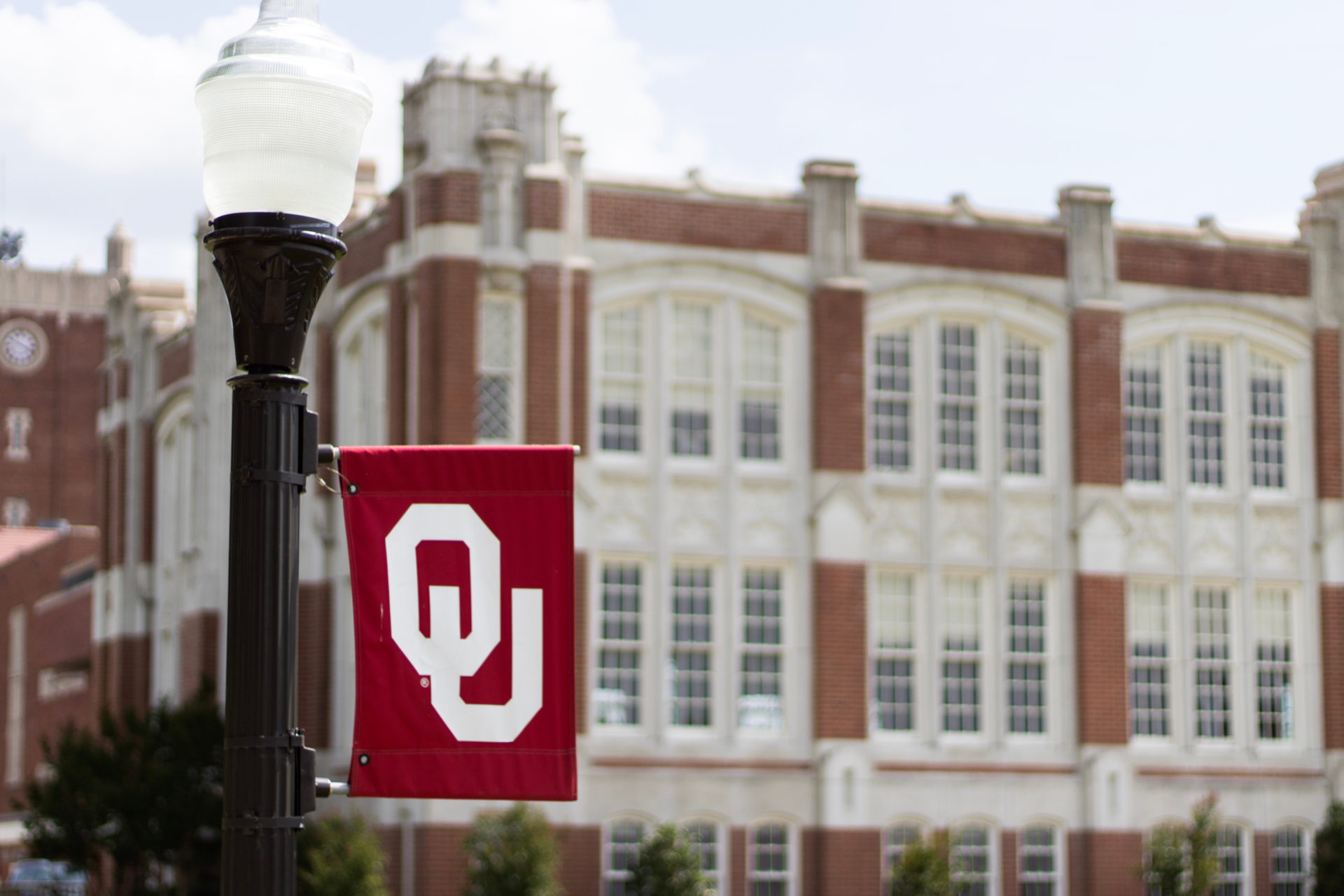A University of Oklahoma dean who issued a public apology regarding Middle Eastern clothing he wore at an OU gathering said the issue shouldn’t spark a “religious battle.”
According to an Aug. 25 story on the OU Daily website, Charles Graham, Ph.D., dean and W.E. Bryan Jr. Endowed Professor at OU’s College of Architecture, issued a public apology for wearing “a white thawb and a red keffiyeh (an Arabic robe and head covering) on his head at the meeting on Aug. 20.” Graham reportedly wore the clothing at a back-to-school event on Aug. 20.
The OU Daily reported that Graham said in his apology sent to faculty and staff, that he purchased the clothing when he went to Dubai and wore them out of multicultural respect. He told the OU Daily that he talked to several Muslims who said that his wearing of the clothing was not offensive to them.
The OU Daily reported that Graham’s apology included his statement that his Muslim friends thought wearing the attire would be “a nice gesture of diversity and acceptance of other cultures.”
The OU Daily, the school’s newspaper, also reported that the College of Architecture has a study abroad program in Dubai which explores building design and construction within the city. The newspaper reported that Graham stated in his apology that the program has sent more than 30 students there in the past couple of years.
In a brief telephone interview Wednesday, Graham told The Oklahoman that he issued an apology because some people said they were offended by his clothing.
Graham said the matter isn’t religious in nature.
“It’s not a religious issue by any stretch as far as I’m concerned,” he said.
However, a leader with the Council on American-Islamic Relations-Oklahoma (CAIR-OK) chapter, thinks otherwise.
Adam Soltani, executive director of CAIR-OK, said he speculates that those who complained took issue with Graham’s attire because it is clothing that may be associated with the Middle East and Muslims. He said it is traditional Middle Eastern attire but it is not clothing that the Quran, the Islamic holy book, requires, Muslims to wear.
“It’s traditional Arab dress worn in the Middle East but people who are not Arab, including myself, wear this type of clothing just as there is Persian dress, African dress, Turkish dress and clothing worn in other places,” Soltani said. “Non-Muslims in the Middle East wear this type of clothing too.”
He said the complaints about Graham’s wearing of the robe and head covering probably had more to do with biases against Islam and Muslims due to what he called the “heightened Islamophobia” in Oklahoma in recent years.
“I couldn’t imagine if he wore a Scottish kilt or German lederhosen that people would complain about it. I highly doubt they would complain if it were any other clothing that people didn’t associate with Middle Eastern and Islamic culture that is wrongly tied to minority extremist groups.”
Wednesday, Graham said the story about what happened “has been mixed up all kinds of ways.”
“It really shouldn’t be turned into a religious battle,” he said.
Corbin Wallace, OU press secretary, said two or three anonymous emails regarding Graham’s clothing were sent to President David Boren’s action line. Wallace said the individuals who sent the emails indicated that they thought Graham’s wearing of the Middle Eastern garb was “culturally and ethnically insensitive.”
Wallace said Boren’s office and the provost’s office were informed of the matter once the emails were received.
He said he didn’t know if Graham had been required to make the apology. He said the dean indicated in his apology that he did not mean any disrespect by wearing the clothing.
Meanwhile, Soltani said he supports Graham’s efforts to show diversity and inclusiveness.
“I think it shows his bravery and courage as far as wearing it in the first place and he showed humility for apologizing,” Soltani said. “I didn’t think it was necessary for him to apologize for the clothing. I hope he would continue to spread a greater understanding of diversity and inclusiveness at OU.”

